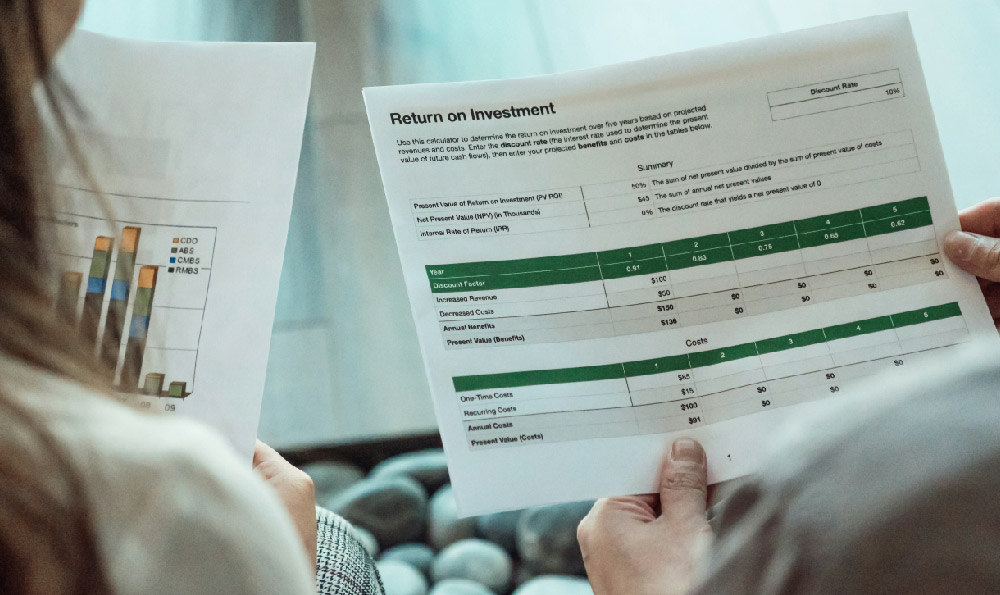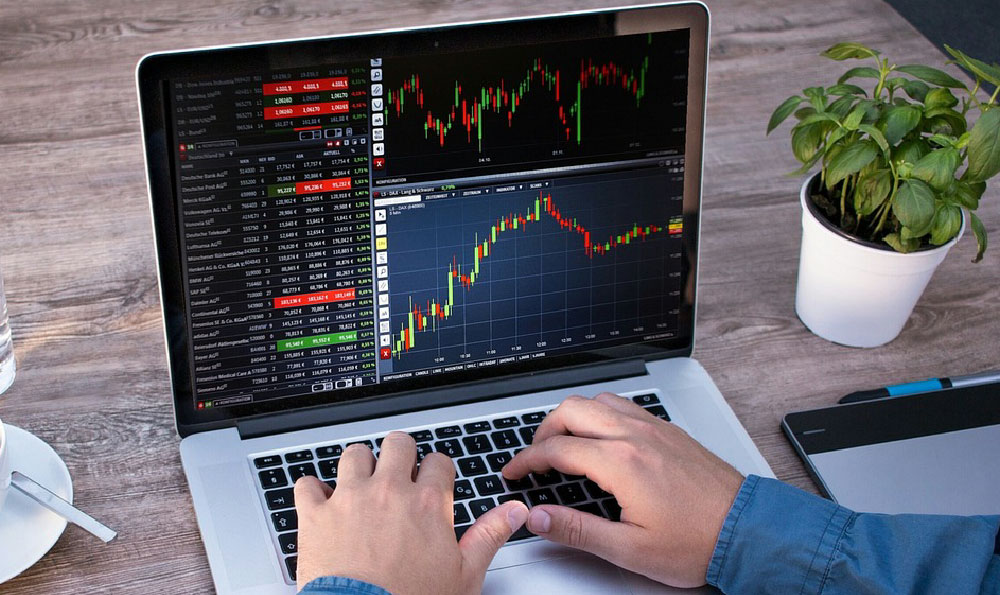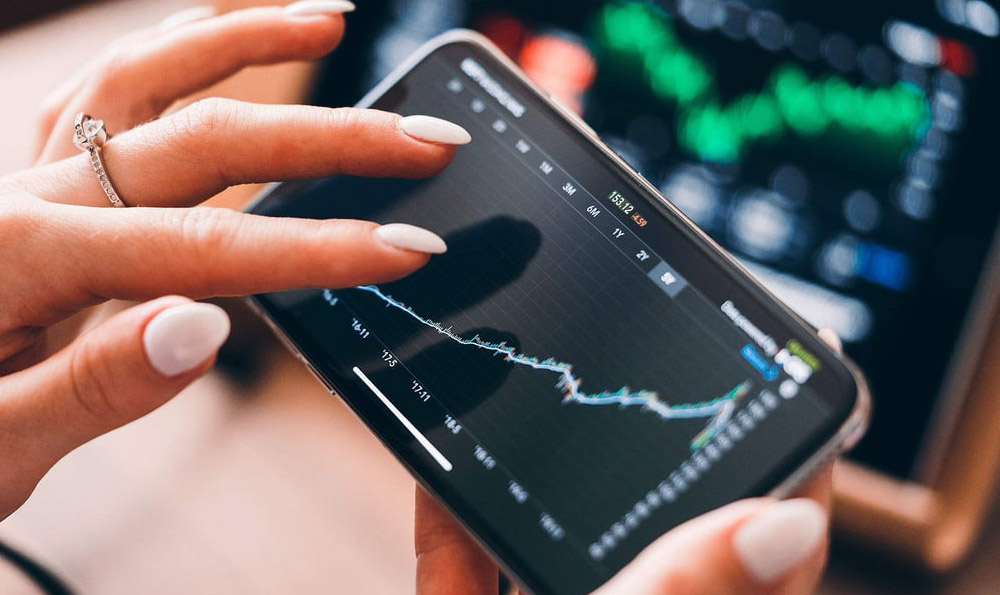Investing in Gold in India: Where & How?

Investing in gold holds a significant place in Indian culture and financial planning. It’s more than just a commodity; it’s a symbol of wealth, security, and auspicious beginnings, deeply interwoven into traditions and celebrations. However, navigating the diverse avenues for gold investment in India requires careful consideration and understanding of each option's nuances. Let's delve into the "where" and "how" of investing in gold in India.
Traditionally, physical gold has been the most common form of investment. This encompasses gold jewelry, coins, and bars. Buying jewelry serves a dual purpose: it can be worn and appreciated, while also representing a store of value. However, it’s crucial to remember that making charges and design costs often account for a significant portion of the price, and these are lost when reselling. Gold coins and bars, on the other hand, are purer forms of gold, typically with lower making charges. They can be purchased from banks, jewelers, and specialized bullion dealers. The purity of the gold is paramount; look for hallmarks and certifications that guarantee the metal's quality. When investing in physical gold, secure storage is a major concern. Bank lockers provide a secure option, but they come with annual fees. Keeping gold at home carries inherent risks of theft or damage.
Beyond physical gold, a range of alternative investment options have emerged, offering greater convenience and accessibility. Gold Exchange Traded Funds (ETFs) are a popular choice. These are units representing physical gold held by custodians. ETFs are traded on stock exchanges like any other share, offering high liquidity and transparency. Investors can buy and sell ETFs through their demat accounts, eliminating the need for physical storage. The price of gold ETFs closely tracks the domestic price of gold, providing a direct correlation to the market. Expense ratios associated with managing the ETF are a factor to consider, but these are generally lower than the making charges associated with jewelry.

Another compelling option is Sovereign Gold Bonds (SGBs), issued by the Reserve Bank of India (RBI) on behalf of the Government of India. These bonds are denominated in grams of gold and offer a fixed interest rate (currently, the interest rate is fixed at 2.50% per annum payable semi-annually on the nominal value). SGBs offer several advantages: they provide a guaranteed return, eliminate storage concerns, and are exempt from capital gains tax if held until maturity (usually eight years). They also offer liquidity through trading on stock exchanges after a lock-in period. A significant benefit is that they are linked to the price of gold, ensuring that your investment appreciates with the market value of gold. The interest earned is taxable, though.
For investors seeking to diversify their portfolios, gold mutual funds are a viable choice. These funds invest in gold ETFs and gold mining companies. They offer diversification within the gold sector and are managed by professional fund managers. However, investors should carefully evaluate the fund's expense ratio and performance track record before investing. Gold mutual funds are suitable for investors who are comfortable with market fluctuations and have a long-term investment horizon.
Digital gold provides yet another avenue. Platforms like Augmont, MMTC-PAMP, and SafeGold allow you to buy and sell gold online in small denominations, often starting from as little as ₹1. This option offers convenience and accessibility, but it’s essential to consider the associated risks. Digital gold is not regulated in the same way as ETFs or SGBs, and the purity and storage of the gold are dependent on the provider. It’s crucial to choose reputable platforms with transparent storage policies and insurance coverage. Selling digital gold typically involves slightly higher charges compared to other options.
Choosing the right investment vehicle depends on your individual financial goals, risk tolerance, and investment horizon. For those seeking a tangible asset and are comfortable with storage concerns, physical gold may be suitable. If convenience, liquidity, and tax benefits are priorities, SGBs offer an attractive option. Gold ETFs and mutual funds cater to investors looking for a diversified exposure to the gold market with professional management. Digital gold provides accessibility and flexibility but requires careful selection of reputable platforms.
Before investing, it’s vital to conduct thorough research, compare the costs and benefits of each option, and consult with a financial advisor. Consider the purity of the gold, storage costs, making charges (for jewelry), expense ratios (for ETFs and mutual funds), and taxation implications.
Beyond the specific investment vehicle, timing your entry into the gold market is crucial. Gold prices are influenced by various factors, including global economic conditions, inflation rates, currency fluctuations, and geopolitical events. Monitoring these factors can help you make informed decisions about when to buy or sell gold. Consider adopting a systematic approach, such as investing a fixed amount regularly (SIP), to mitigate the impact of market volatility.
Gold is often considered a hedge against inflation and economic uncertainty. When inflation rises, the value of paper money tends to erode, and gold often maintains or increases its value. During times of economic downturn or geopolitical instability, investors often flock to gold as a safe haven asset, driving up its price. However, it's crucial to remember that gold prices can fluctuate, and there's no guarantee of returns.
Ultimately, investing in gold in India is a personal decision that should align with your overall financial plan. By carefully evaluating the various options, understanding the risks and benefits, and seeking professional advice, you can make informed decisions that help you achieve your financial goals and secure your future. Gold can be a valuable component of a diversified portfolio, offering stability and potential growth, but it should not be the sole focus of your investment strategy. Remember to diversify your investments across different asset classes to mitigate risk and maximize returns.















